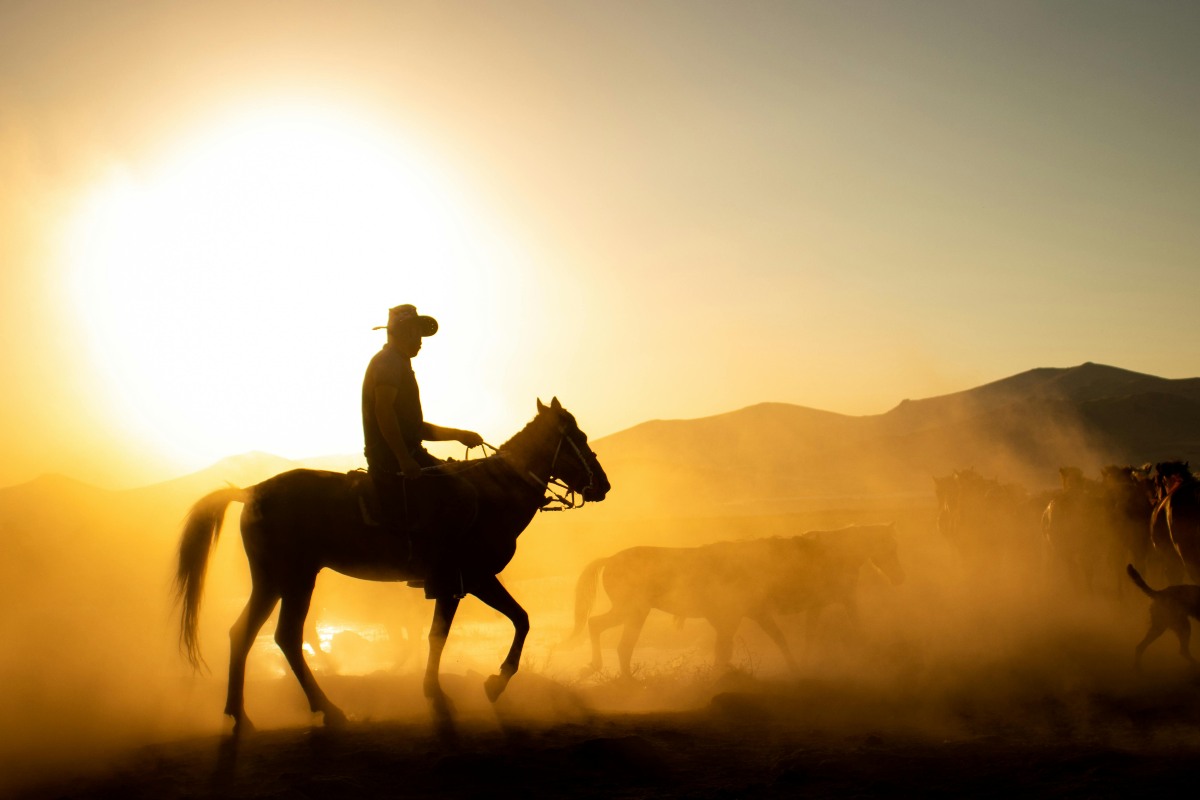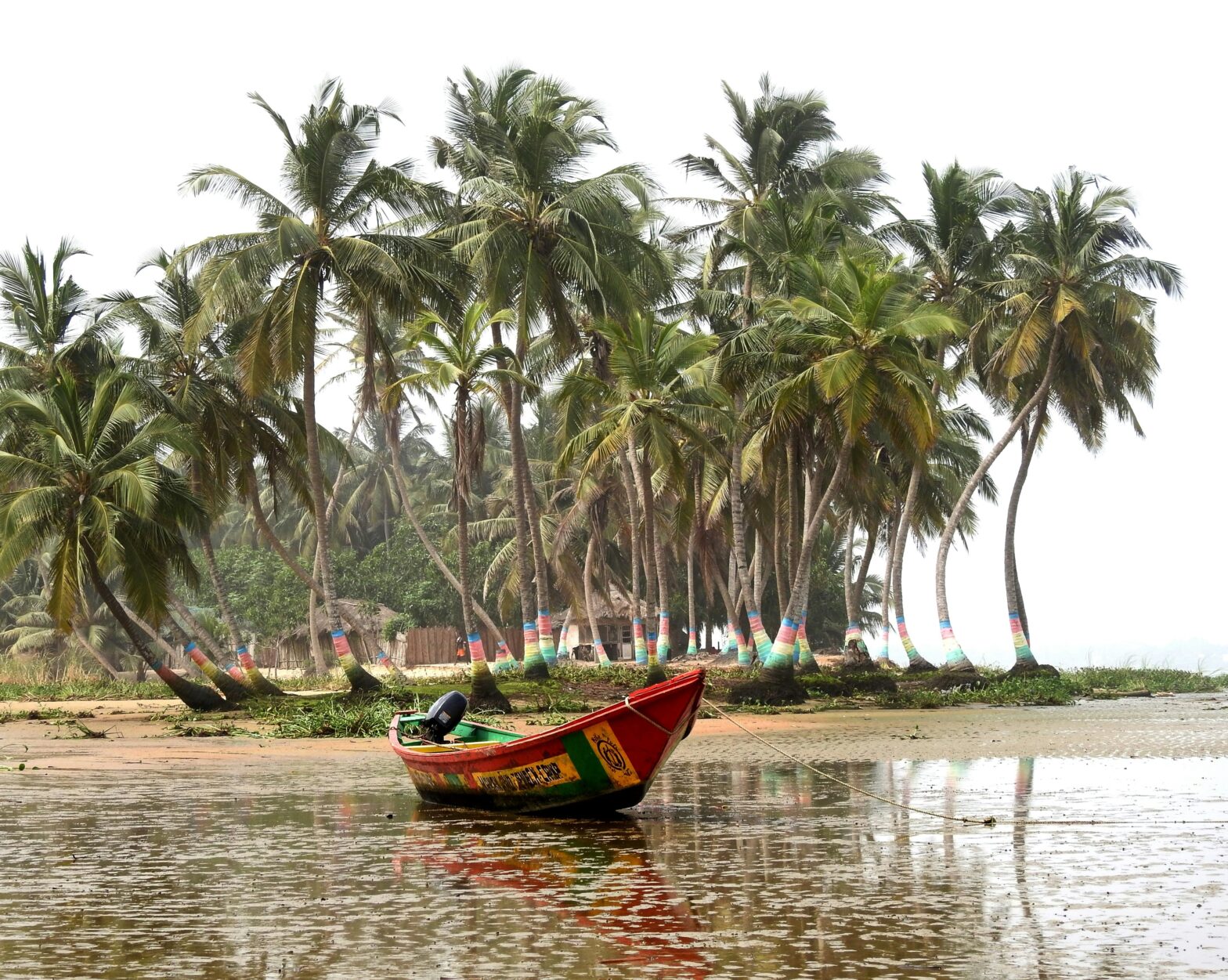We often see many cowboys in the headlines, yet few mainstream stories shed light on the Black Cowboys of Chicago. These cowboys, residing on the south side of one of America’s most renowned cities, have preserved an outstanding cultural legacy. Their story goes beyond family history and horsemanship. It reimagines the American cowboy symbol by exploring themes of dedication, friendship, and more.
Origins of the Black Cowboy in Chicago
The Black cowboy’s roots in Chicago date back to the Great Migration. From 1916 to 1970, millions of Black Americans moved from the rural Southern United States to the industrial North in search of better opportunities. Among them were skilled horse riders from states like Texas, Louisiana, and Mississippi. These riders brought with them a deep-rooted cowboy culture. This culture was a way of life and an art form. The Black cowboys combined skill, bravery, and an intimate understanding of animal psychology.
As these communities settled in the Southside of Chicago, they lived in a vastly different landscape. The pastoral expanses of the South were replaced by concrete and steel. Yet, rather than letting their traditions fade into the backdrop of urban life, these Black cowboys adapted. They found spaces amid the city’s bustle where they could continue their equestrian pursuits. Empty lots, urban farms, and community parks became makeshift ranches and arenas where they could keep their culture alive.
Protecting An Obscure Legacy
Aaron Baxter’s fascination with the sight of bucking horses resulted in a childhood filled with horse stickers, rodeo TV shows, and bull riding ambitions. Now, Baxter is a certified bull rider and an integral part of Chicago’s close-knit Black cowboy community. Like those of his peers, his story challenges the conventional narratives of both the cowboy and the urban African American experience.
These days, the spotlight on an alternate African American experience and Black cowboys has shone brighter in recent years. This is partly thanks to pop culture phenomena such as Lil Nas X’s hit song “Old Town Road” and, more recently, Beyonce’s country album “Cowboy Carter.” Such focus has served as a source of pride for older Black generations. Moreover, it has also provided an opportunity for young people to discover a previously obscure heritage.
The Federation of Black Cowboys, a prominent organization within this community, has also played a pivotal role in preserving this unique heritage. Founded to educate the youth about the history and skills of Black cowboys, the Federation illuminates the contributions of Black Americans to cowboy culture, which has been predominantly portrayed as white in mainstream media. Through its work, the Federation challenges stereotypes and offers a more inclusive narrative of what it means to be a cowboy.
The Significance of The Black Cowboys
The relevance of the Black cowboys extends beyond the mere preservation of culture. In the Southside of Chicago, where communities often face violence and economic hardship, the cowboys symbolize resilience and positive role models for the youth. Horseback riding and care are tools for education and empowerment. By learning to ride and look after horses, young people gain a sense of responsibility, discipline, and self-esteem. They learn from the cowboys that if they can confidently and intelligently lead their horses, they can do the same in life.
In addition, the Black cowboys from Chicago are examples of the diversity in the American West. Historians estimate that after the Civil War, one in four cowboys was African American. Yet, this reality has been largely overlooked or omitted from popular depictions of cowboy culture. The Black cowboys of Chicago’s Southside stand as guardians of this forgotten narrative, embodying the spirit of their ancestors who rode the Western frontiers.
Unfortunately, the story of the Black Cowboys is not without its challenges. Urban development, economic pressures, and the fading interest of younger generations threaten the continuation of this tradition. Yet, the Black Cowboys persist, driven by a love for their heritage and a commitment to their community. They organize rodeos, participate in parades, and hold educational workshops, all aimed at keeping the cowboy spirit alive in Chicago.





